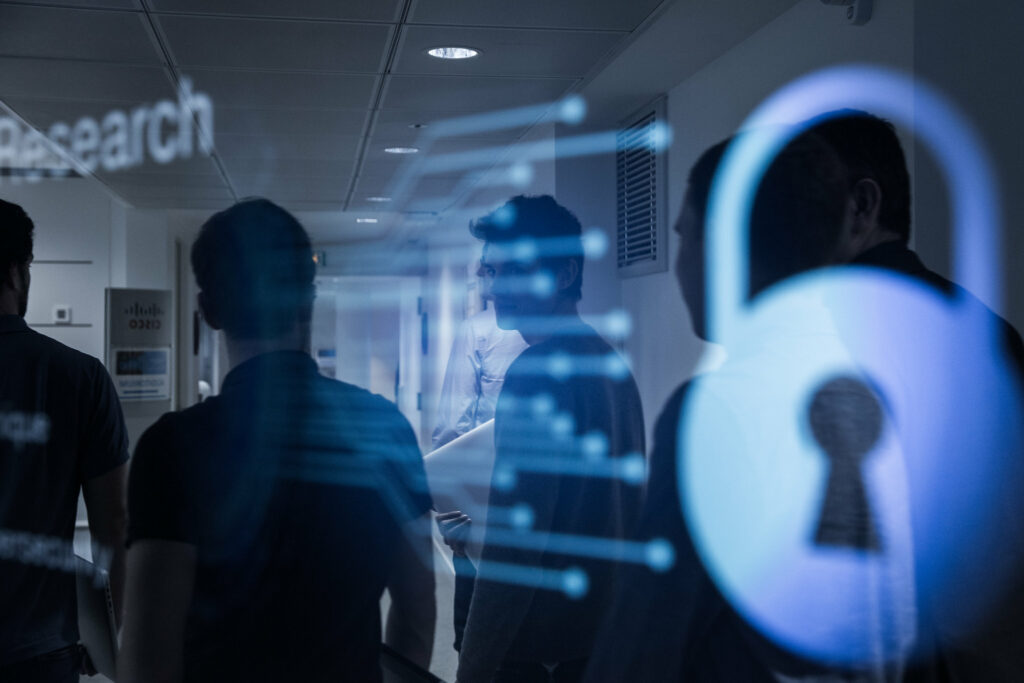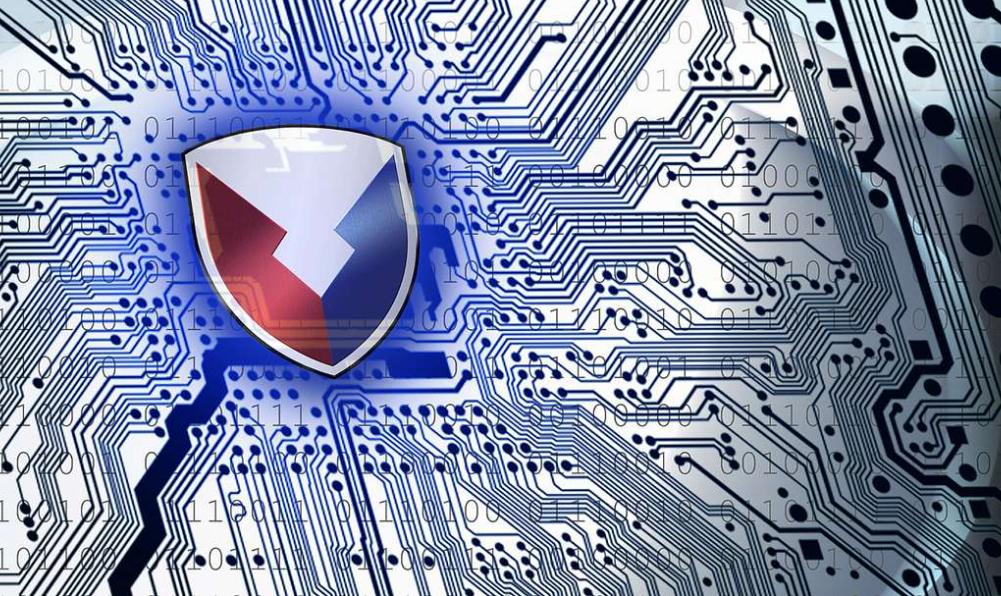In this extremely digital world, the question of cybersecurity’s importance looms larger than ever before. With the digital landscape expanding at a breathtaking pace, we find ourselves relying on technology for almost every aspect of our lives.
But the risks increase as well. Cyber threats, like hackers and viruses, are lurking in the digital shadows, ready to pounce on any vulnerability. So, why is cybersecurity important? Let’s find out.
What Is Cybersecurity?
Cybersecurity is a multifaceted field that plays an indispensable role in today’s digitally interconnected world. At its core, it encompasses a broad spectrum of practices and strategies designed to safeguard computer systems, networks, and sensitive data from a myriad of potential threats.
In today’s hyperconnected world, where individuals, businesses, and governments rely extensively on digital technology and the internet, cybersecurity is not just a matter of convenience but a critical imperative.
Its role in preserving the confidentiality, integrity, and availability of information is paramount, making it an ongoing and evolving field of paramount importance. As technology continues to advance, the challenges in cybersecurity grow. It emphasizes the need for constant vigilance and innovation to stay ahead of emerging threats.
Benefits of Cybersecurity
Cybersecurity is like a digital shield that keeps your information safe online. Here are five important benefits that show why it matters:

Protection from Hackers: Cybersecurity stops hackers from sneaking into your computer or a company’s network. It’s like having a lock on your front door. Without it, anyone could enter your house, but with it, only the people with the right keys can get in. Cybersecurity does the same for your digital world, keeping your personal data and important business secrets safe.
Safety for Personal Info: Think about all the personal stuff you do online, like shopping, banking, or chatting with friends. Cybersecurity helps keep all that private. It makes sure your credit card numbers, passwords, and messages don’t end up in the wrong hands.
Business Security: For companies, cybersecurity is like a security guard for their computers. It protects customer information and trade secrets and keeps their operations running smoothly. Without it, businesses could suffer big losses, and that could affect jobs and the economy. Cybersecurity is like a superhero for businesses, keeping them safe from digital villains.
Preventing Disasters: It helps prevent disasters in the digital world. Imagine if a hacker could take control of power plants, hospitals, or even your car. Cybersecurity stops these kinds of attacks. It keeps the important systems we rely on every day running smoothly and safely.
Trust and Confidence: Cybersecurity builds trust. When you know your information is secure, you feel confident using the internet for anything you want. It helps you trust the online services you use and the companies you share your information with. Without it, that trust could crumble, making the internet a scary place.
Cybersecurity Essentials
Since technology has advanced at a rapid pace in the last two decades, we have a multitude of methods to protect ourselves. But there are some techniques that are considered fundamentals in cybersecurity protocols.
Encryption
One of the fundamental aspects of cybersecurity is encryption, which involves encoding data in such a way that only authorized parties can decipher it. This cryptographic technique ensures that even if a cybercriminal manages to intercept the data, it remains incomprehensible and secure.
Only those with the appropriate encryption key can decode and access the information. This technology ensures data confidentiality, even if it falls into the wrong hands. Advanced encryption algorithms provide formidable protection for data at rest and during transmission.
Firewalls
Firewalls, another crucial component, act as digital barriers, filtering incoming and outgoing network traffic to identify and block potential threats. These barriers stand as the first line of defense against cyber threats. They scrutinize incoming and outgoing network traffic, allowing or blocking data packets based on predefined rules.
By enforcing these rules, firewalls shield computer systems and networks from unauthorized access, malware, and various cyberattacks. Firewalls come in various types, including stateful, proxy, and application-layer firewalls, each offering different levels of protection.
User Authentication
User authentication mechanisms add an extra layer of security by ensuring that only legitimate users gain access to systems and data. This not only protects sensitive information but also helps maintain the integrity of the network.

Passwords are the most common form of authentication. They require users to input a secret combination of characters known only to them. However, they are vulnerable to breaches if not properly managed.
Biometrics, like fingerprints, facial recognition, or iris scans, offer a more secure and convenient alternative. They validate identity based on unique physiological or behavioral traits.
Two-factor authentication (2FA) and multi-factor authentication (MFA) enhance security by combining multiple verification methods. These may include something the user knows (password), something they have (smartphone or token), or something they are (fingerprint). These layered approaches significantly reduce the risk of unauthorized access.
Protecting Our Digital Future!
Our lives are intertwined with technology, so the importance of cybersecurity cannot be overstated. It’s not just about protecting data; it’s about safeguarding our privacy, our businesses, and the critical infrastructure that keeps our society functioning.
As we navigate this ever-evolving digital landscape, let us remember that cybersecurity is not merely a choice but a responsibility. By embracing it, we fortify our defenses against cyber threats and contribute to a safer, more secure digital world for ourselves and future generations.
How secure is your cybersecurity infrastructure? Talk to us in the comments below!

















